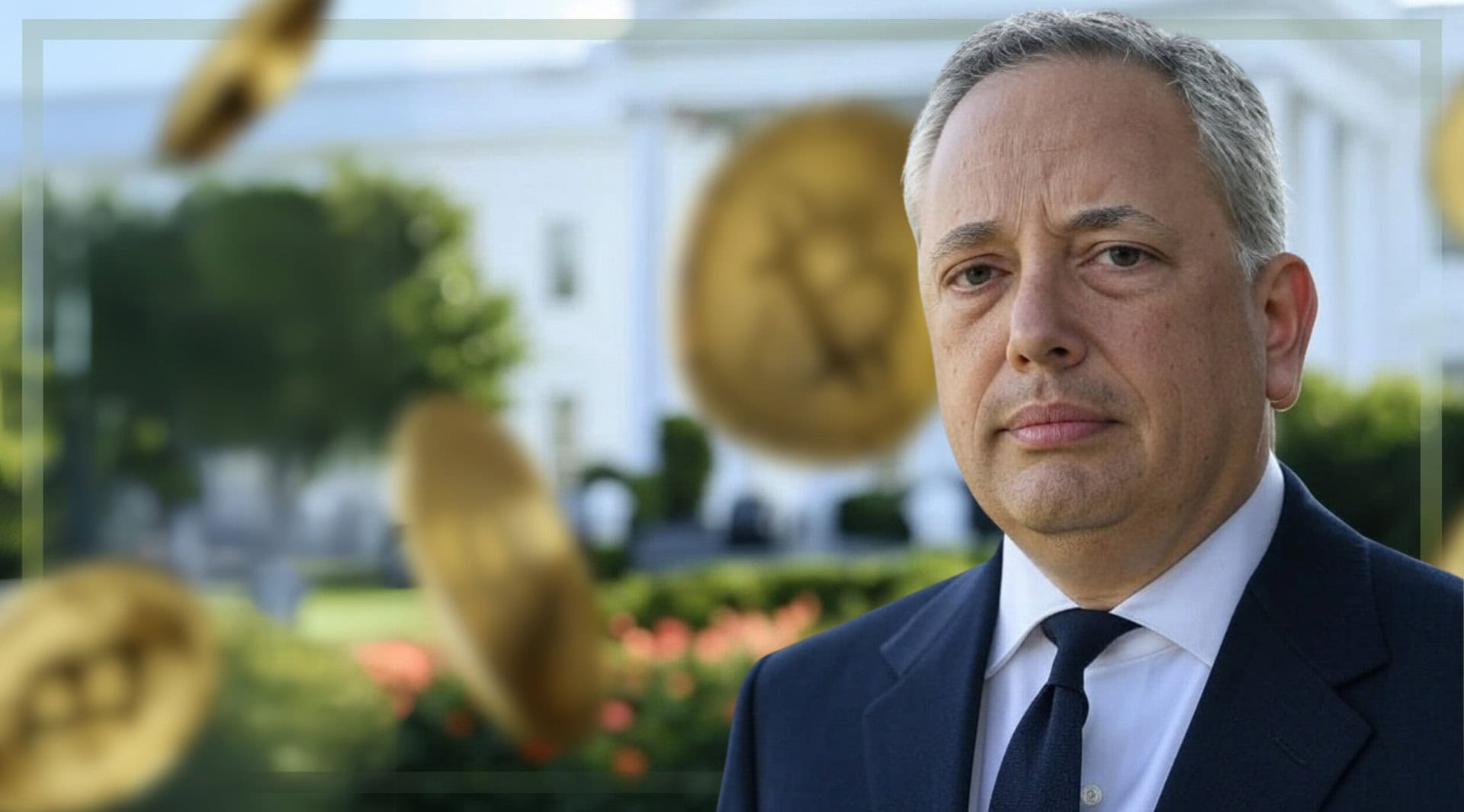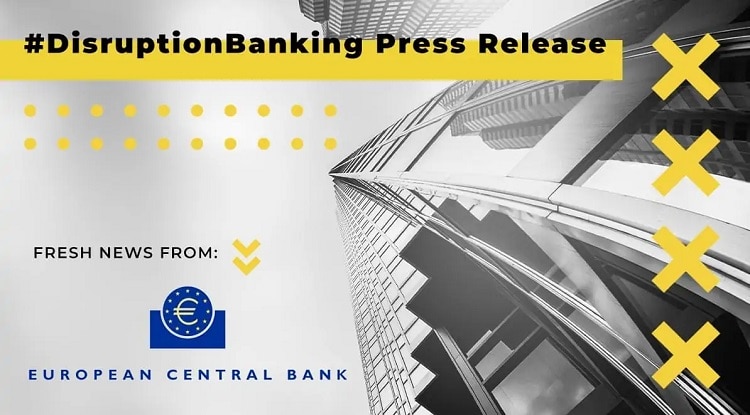A memorandum of understanding (MOU) between the UK and the European Union on the future of financial services could be signed off by European officials by June.
The agreement, like a potential EU MOU with the U.S., would merely be a channel for regulators to communicate with one another about the regions’ capital markets, which are inextricably linked. It seeks to “jointly endeavour to pursue a robust and ambitious bilateral regulatory cooperation in the area of financial services.”
The EU already signed a deal giving equivalence to UK clearing houses until 2025, but there has been no indication if this will be extended. Yet regulatory divergence is tacitly disincentivised in crucial areas such as Wholesale Asset Management and Banking, as even the most ardent Brexiteers see the real constraints of a regulatory regime that Britain helped shape. Business Secretary Kemi Badenoch told a chorus of Brexiteers that out of 4000 pieces of EU legislation, 600-800 would be scrapped. But as her Retained EU Law bill dropped the “Sunset Clause” that set a looming deadline for retention of EU legislation, the UK will be extended more time to craft a pragmatic post-Brexit vision.
While the UK finally has agency over the rules that govern the City, expect more of the same, as the status quo trumps radical upheaval.
🇪🇺🇬🇧 The @EU_Commission has adopted a draft Memorandum of Understanding with the UK on financial services regulatory cooperation.
— Daniel Ferrie 🇪🇺 (@DanielFerrie) May 17, 2023
Over to the Council for political endorsement.
It does not deal with UK access to the Single Market or prejudge equivalence decisions. pic.twitter.com/sBwu4FvQm3
Alternative Investment Funds: No Passport
One such example is in asset management, where divergence was expected to be sharp. The UK government launched a consultation seeking opinions from its £11 trillion asset management industry on regulatory changes to ensure the UK “remains an attractive domicile for internationally active asset managers.”
Many asset managers focused on the establishment of Undertakings for Collective Investment in Transferable Securities (UCITS) to govern mutual funds, as well as reforming cumbersome and analogue fund administration. Equally, an emerging problem lies in the 10% of British assets under management that are invested in alternative and illiquid assets such as private equity and venture capital. The private fund industry is governed by the AIFMD & MIFID II. The former stipulates conditions for fund marketing, anti-asset stripping and leverage, to name a few. The FCA has indicated that it plans to adopt most of the AIFMD without significant rule changes.
Yet crucially, convergence does not equate to access to the single market. The EU-fund marketing passport required to speak to Limited Partners (LPs) in any EU member state is no longer available to UK investment managers, without setting up a subsidiary in the EU. JB Tanqueray, CEO of Dohryo, a tech firm that structures and administers EU-passported feeder funds for private managers said, “Protectionism in financial services is rising under the pretence of better protecting investors. As markets become further fragmented, General Partners are faced with heavy bureaucracy that will deter them from accessing international LPs that their funds’ need to grow.”
If the UK’s fund management sector is looking to compete with Europe for capital, it’s crucial that Britain’s emerging PE and VC managers are able to tap into an international capital base, particularly given the low appetite for illiquid assets by UK pension funds.
City minister launches asset management tech group amid post-Brexit reforms.
— Prem Sikka (@premnsikka) April 18, 2023
All part of a deregulation agenda.
The UK has a bloated, scandal-ridden finance industry, with capacity ro sink (and it has) the whole economy.
It needs effective regulation.https://t.co/fHyenFBrsD
UK Legislation: No Divergence
The EU notes in a recent paper that the UK has barely diverged on financial services since Brexit. And this is by design — Sunak’s lofty ambitions are inhibited by realpolitik. The civil service cannot possibly reform 4000 pieces of legislation in a year. With equivalence in the back of their mind, any significant deviation could have profound effects on a business community already dealing with trade friction and macro uncertainty.
The EU acknowledges that EU-UK relations are at their most fruitful since 2016, but questions its permanence. The signing of the Windsor Framework may have put an end to the Northern Ireland problem, but it does not change the competitive landscape. The EU is actively looking to poach London’s financial centre status, after pulling some to Dublin, Amsterdam, Frankfurt, and Paris. Still, the establishment of EU subsidiaries doesn’t represent the conquest of a financial fortress built over 400 years. For either side, making a radical move on finance would risk derailing an interconnected system under strain. That’s why the UK’s strategy is focusing on newer areas with more esoteric applications.
In another 'interesting' week for Anglo-French relations, @IanMurrayHall examines how #Paris is faring in respect of winning financial services business from the #City following #Brexit. Are businesses opting to #ChooseFrance?https://t.co/Yq1zuZMEUj
— #DisruptionBanking (@DisruptionBank) October 7, 2021
Sunak aims for the UK to become a sustainable financial centre and crypto forebearer. The UK is implementing its Green Finance Strategy without yet deciding on a Green Taxonomy, however, it is close to developing SFDR labels on financial products that are supposedly more stringent than the EU’s SDR. In crypto, the UK has been proactive with a regulatory sandbox and a push on CBDCs at the Bank of England. Yet even in more systemic areas where common aims of stability are paramount, competitiveness goals seem to be increasing in importance. For example, the Basel III regulations that enforce banks’ capital and liquidity requirements are delivering differential rules and ratios in the EU and the UK.
UK-EU Competition
The problem with the language of regional competition is that it falters when faced with multilateral problems that require cooperative solutions. If the goal of regulation is simply to increase the nation state’s GDP at the expense of another rival, then a Darwinian struggle for financial and technological prominence infused with classical liberal comparative advantage should be the guiding principle.
When the realist worldview meets the international climate crisis, the global banking system, the globalised supply chains beneath our tech hardware and e-commerce, and the pervasiveness of large language models, it can’t match up to its own promises of national sovereignty. Brexit may deliver some novel, functional financial regulation that delivers strong outcomes in emerging sectors. But the reality is not much will change.
The language of consensual pragmatism brought us to a post-financial crash status quo; the language of dogmatic protectionism brought us 7 years of squabbling for the Singapore-on-Thames that never was.
Author: Tal Feingold
#Brexit #Banking #Regulation #FinancialServices #AssetManagement















